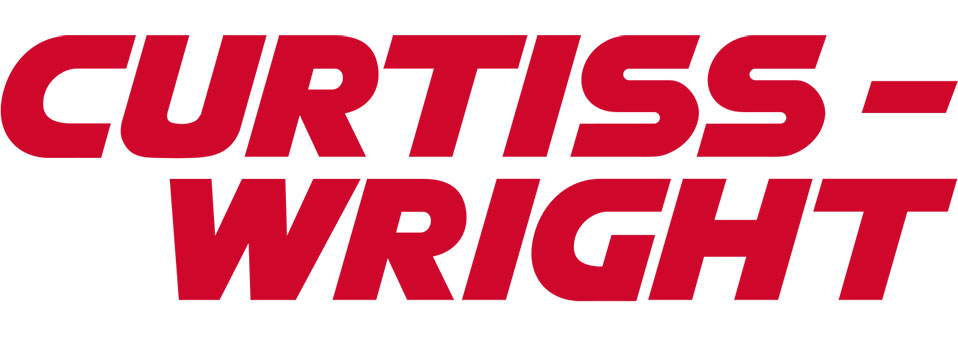Metal Improvement Company LLC
Metal Improvement Company (MIC) as a business unit of Curtiss-Wright Surface Technologies are specialists in enhancing the performance and extending the life of critical highly engineered metals and materials which are subject to harsh and extreme conditions typically found within the oil and gas industry.
With over 70 international operating divisions we have been working in partnership with our customers for over 60 years to meet their design and engineering challenges through our technical expertise and experience of surface treatments in all markets.
The services we offer form an integral part of the manufacturing process for highly engineered products and by extending plant and equipment life we reduce maintenance and whole life costs.
Controlled shot Peening
Laser peening
Shot Peen Forming
Engineered Coatings
Isotropic C.A.S.E. Finishing
On-site processing
Premature Failure
The premature failure of many components can be directly related to residual tensile stresses induced by manufacturing methods and unexpected service conditions. We can alter these undesirable manufacturing and operational stresses to life enhancing compressive residual stresses therefore extending component life.
In addition, through the development and use of dry film lubricants, wet polymer coatings as well as bespoke and standard coatings (including licensed products) we are able to protect against corrosion and wear, improve part life and reduce maintenance costs for metals and polymers operating in aggressive environments.
Fatigue
Shot peening the finished part to remove the residual tensile stresses caused by manufacture significantly reduces the applied load/stress which can extend the life and strength of the component significantly.
Stress corrosion cracking (SCC) – a subtle but significant danger
SCC is a phenomenon characterised by deep fissuring of the surface and occurs when a susceptible alloy in contact with a corrosive environment is subjected to a sustained tensile stress which may be well below the elastic limit of the material. If tensile stress resulting from manufacture or applied in service are converted to compressive stresses by shot peening SCC can be avoided.
Extending the life of welded components
The residual tensile stress from welding is created because the weld consumable is applied in its molten state. This is its hottest, most expanded state. It then bonds to the base material, which is much cooler. The weld cools rapidly and attempts to shrink during the cooling but because it has already bonded to the cooler, stronger base material it is unable to shrink. The net result is a weld that is essentially being "stretched" by the base material and residual tensile stresses result which can be addressed by the application of controlled shot peening.
Corrosion fatigue
Corrosion fatigue is the failure of components in corrosive environments associated with cyclic applied loading. The failure mechanism is similar to that of SCC but is driven by the cyclic application of tensile stress rather than by a sustained tensile stress. Shot peening surfaces to introduce compressive stresses can extend component life considerably.
European Corporate Office
Hambridge Lane, Newbury
Berkshire
RG14 5TU
UK





